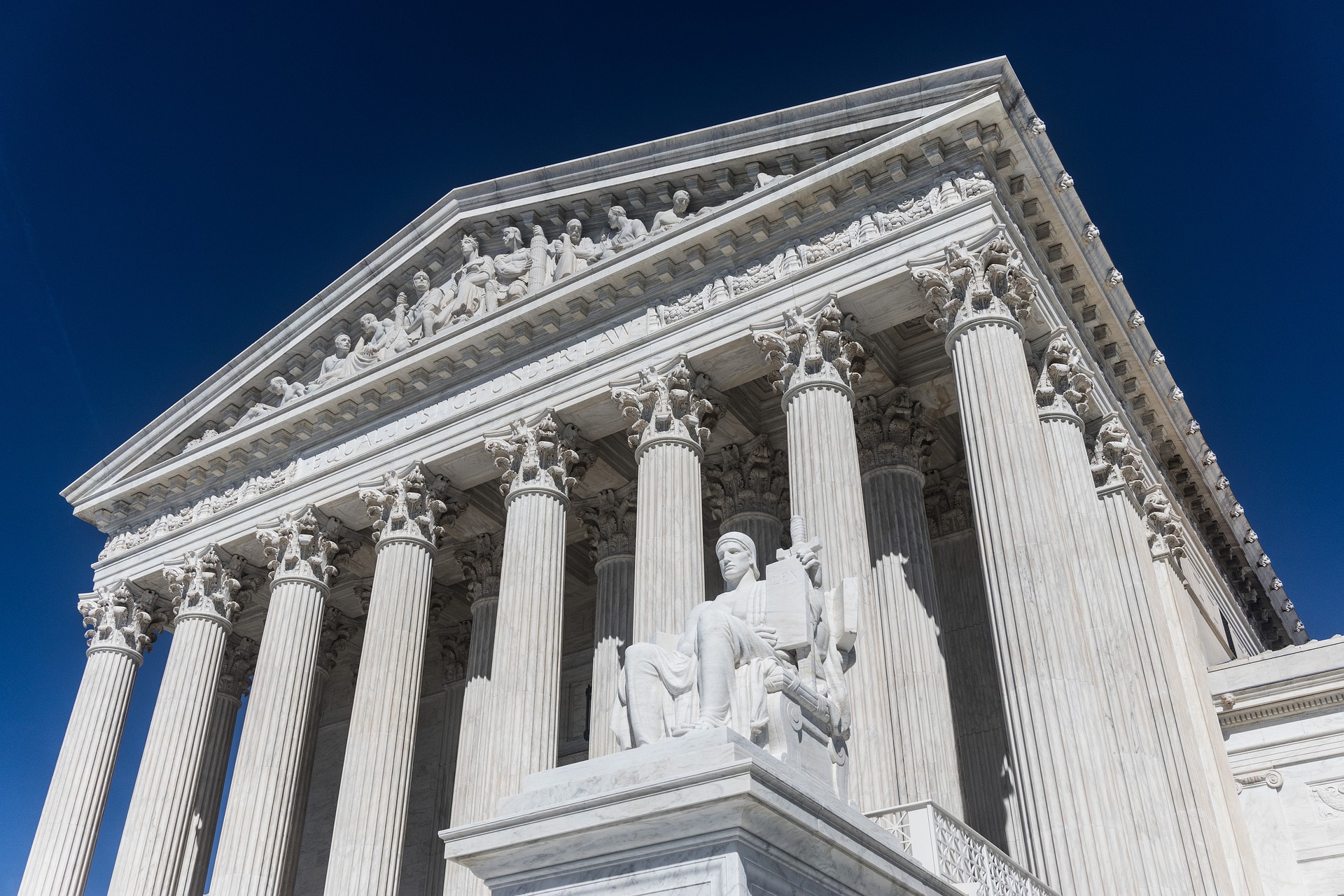Decoding the Role and Relevance of Precedents in Legal Practice
In the complex world of law, understanding precedents is key. This article delves into the role and relevance of precedents in legal practice, offering insights into their historical context, current updates, and societal implications. Precedents, or case laws, have played a pivotal role in legal systems that follow the common law tradition. The concept originated in England during the 12th and 13th centuries, providing a system in which judges made decisions based on the principles established in previous similar cases. This principle, known as stare decisis, ensures consistency and predictability in the law. Over the centuries, precedents have been developed, refined, and adapted to fit the changing societal norms and values.

Current Legal Updates
In recent years, the role of precedents in law has seen some significant changes. There has been an increased emphasis on judicial discretion and flexibility, leading to more open interpretations and applications of past precedents. This shift reflects a broader trend towards a dynamic and evolving legal system that adapts to societal changes. However, this has also sparked a debate among legal scholars and practitioners about the potential risks of over-reliance on judicial discretion.
The Principle of Stare Decisis
Stare decisis, Latin for “to stand by things decided,” is the central tenet of the law of precedents. It obliges courts to follow historical cases when making a ruling on a similar case. This principle ensures fairness and uniformity in legal decisions. Though it’s a binding principle, courts occasionally overturn their previous decisions when they believe the precedent is incorrect or outdated.
Societal Implications and Impact
The societal implications of precedents are profound. They shape the application of law in various domains, influencing everything from civil rights to business contracts. By providing a predictable legal framework, precedents facilitate stability and order in society. However, they can also perpetuate outdated or unjust laws if not revisited and revised in light of societal progress.
Balancing Precedents and Progress
The key challenge lies in balancing the stability provided by precedents and the need for legal progress. Too much reliance on precedents can hinder innovation and adaptation to changing societal values. On the other hand, disregarding precedents may lead to legal unpredictability and inconsistency. Striking the right balance requires careful judicial analysis and a nuanced understanding of societal needs.
In conclusion, understanding the role and relevance of precedents in legal practice is essential for anyone interested in law. While they ensure consistency and predictability, they must also evolve to reflect changing societal values. As such, the law of precedents remains a dynamic and evolving field, continually shaped by legal developments and societal progress.




